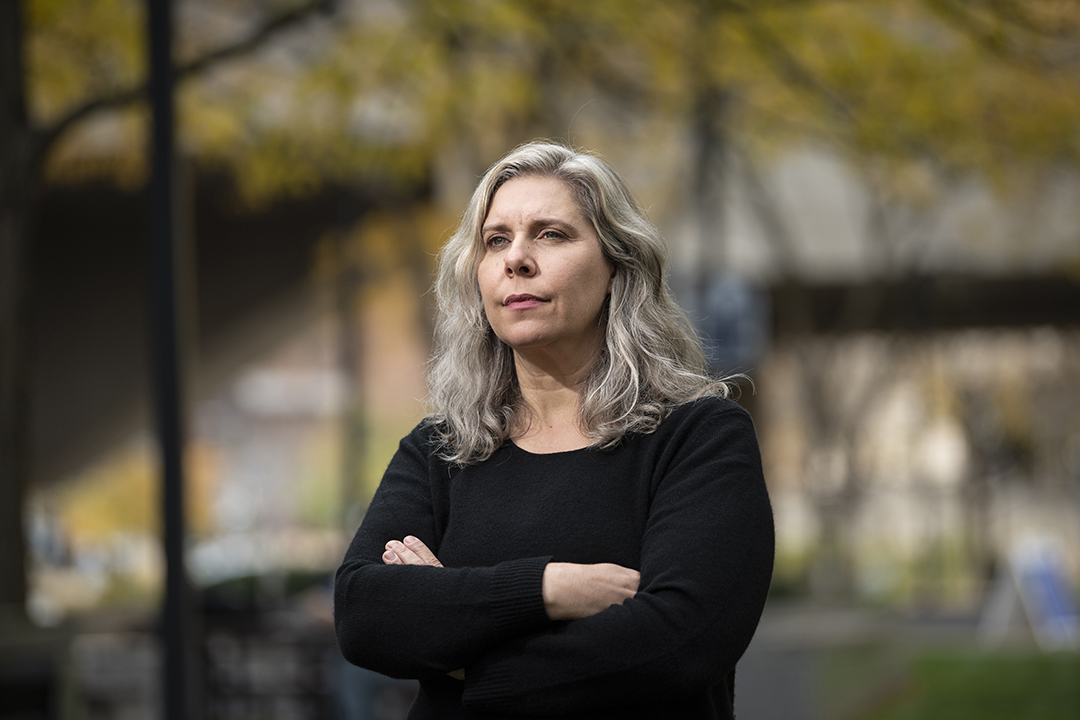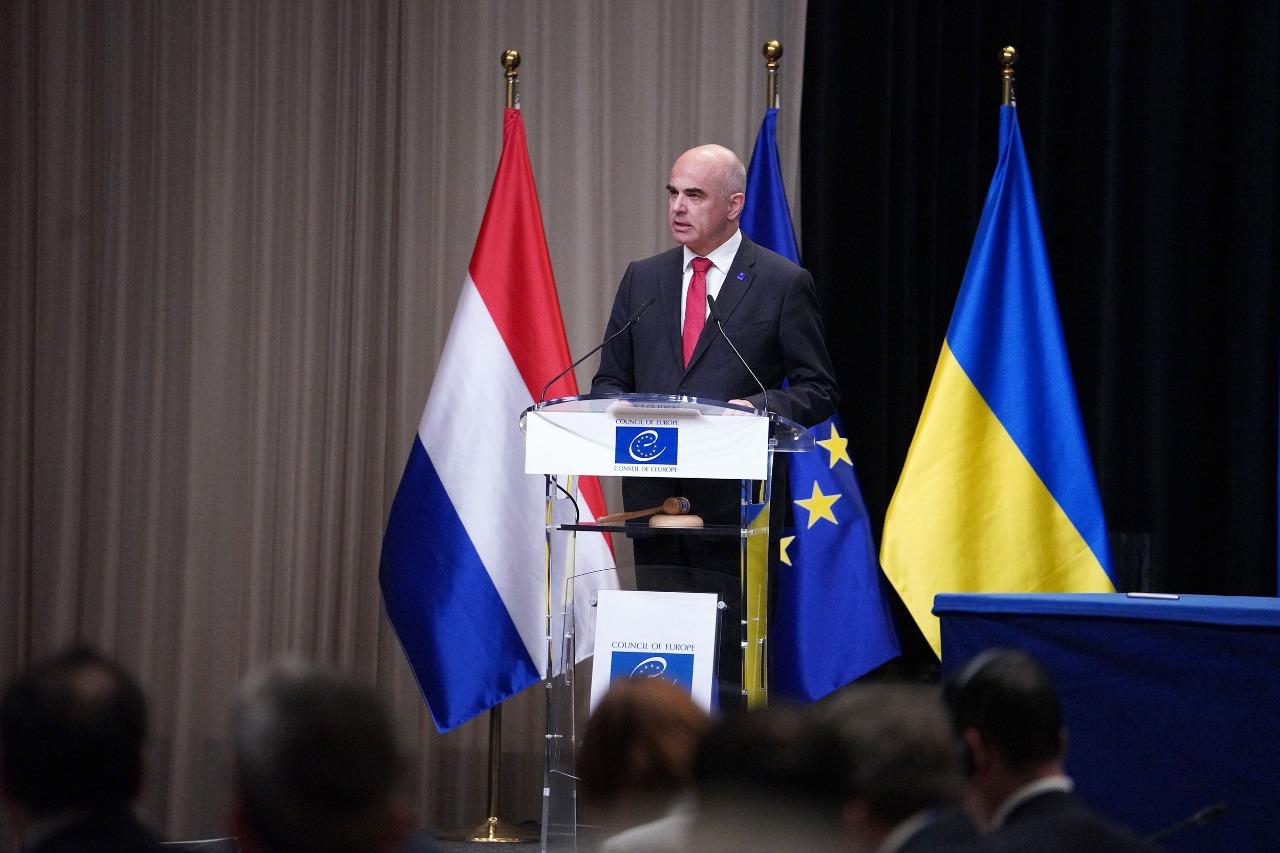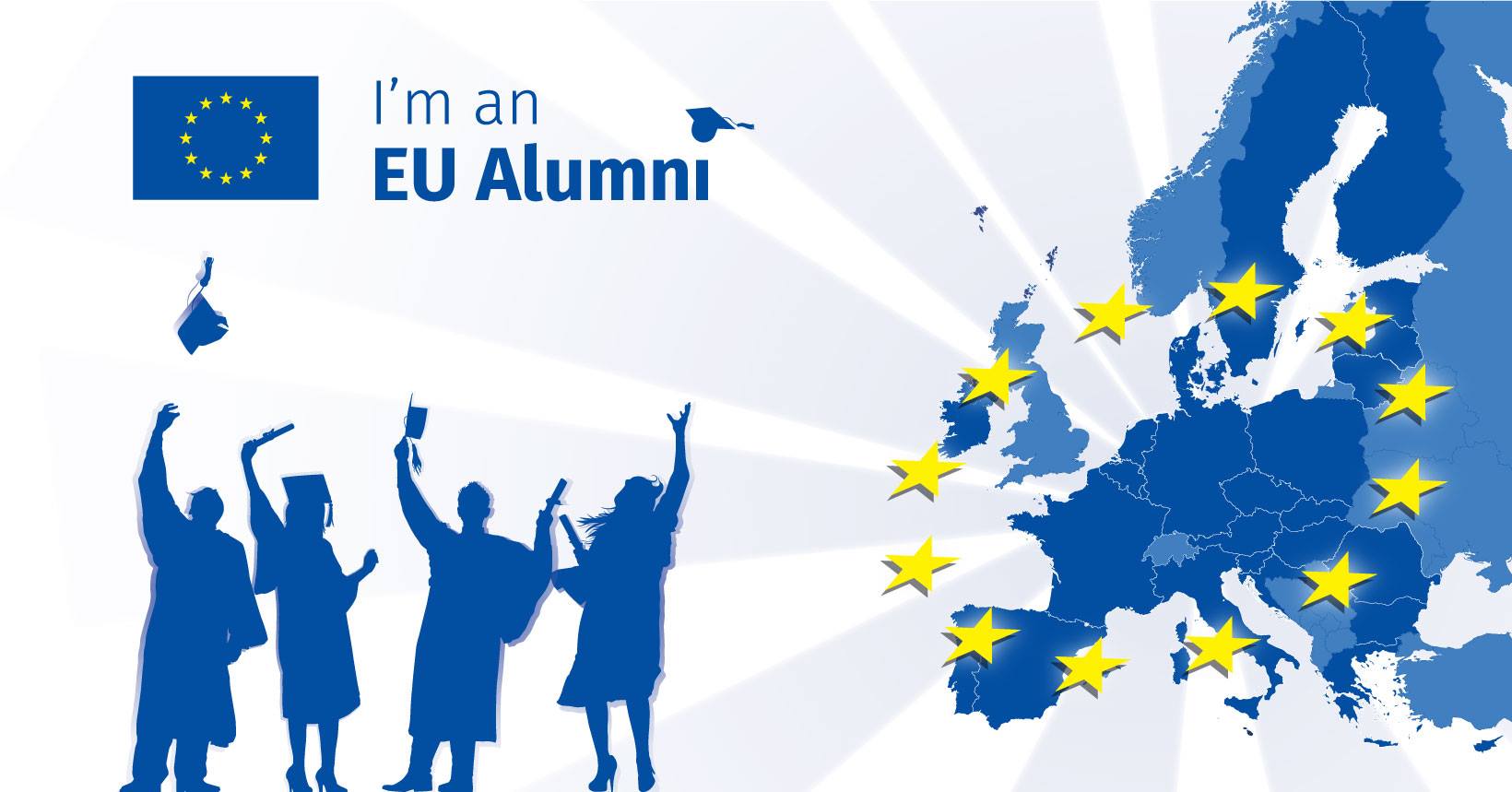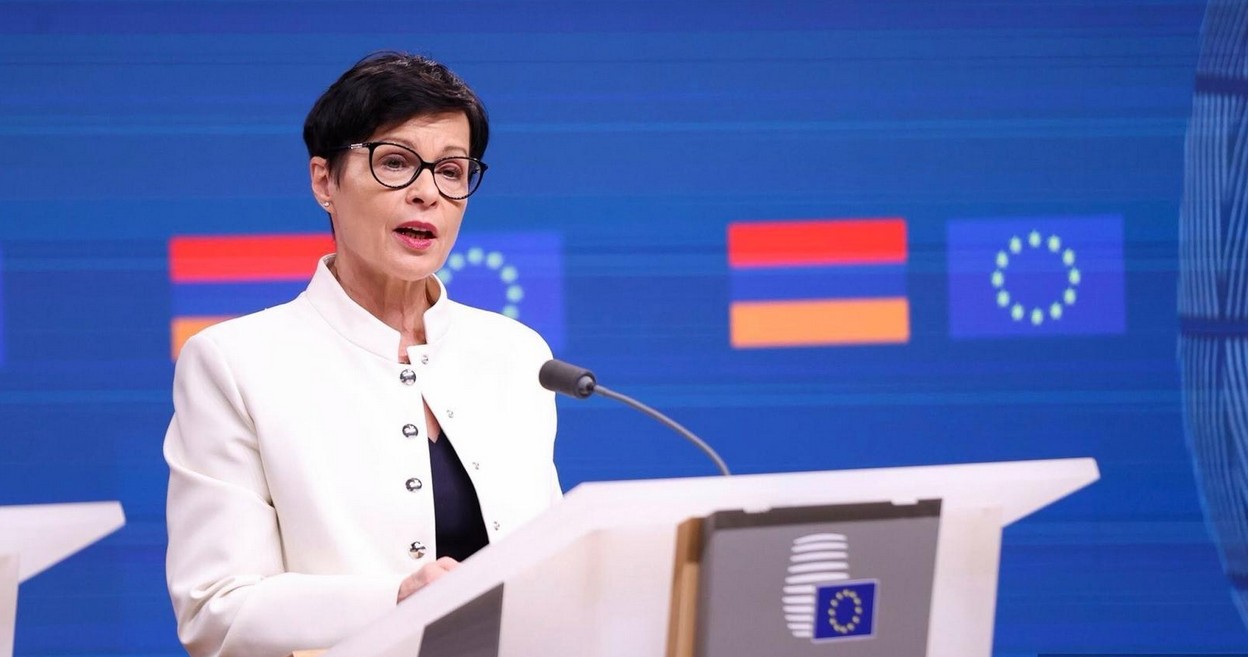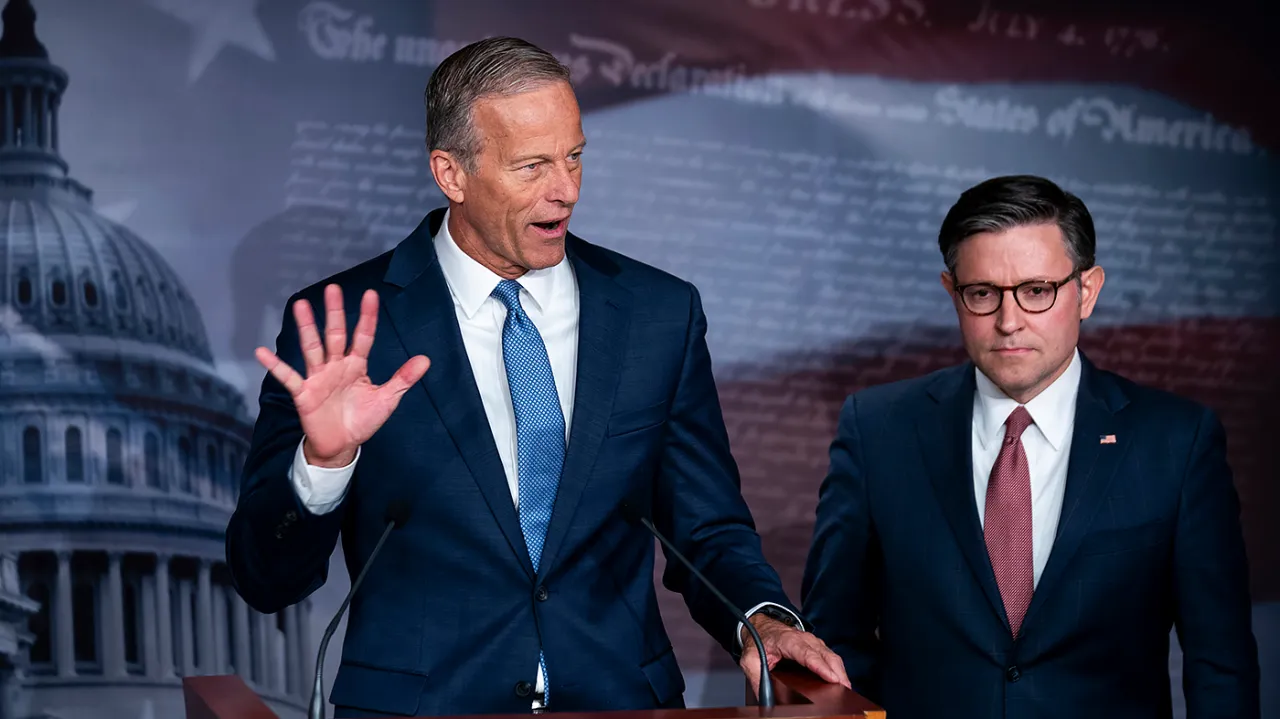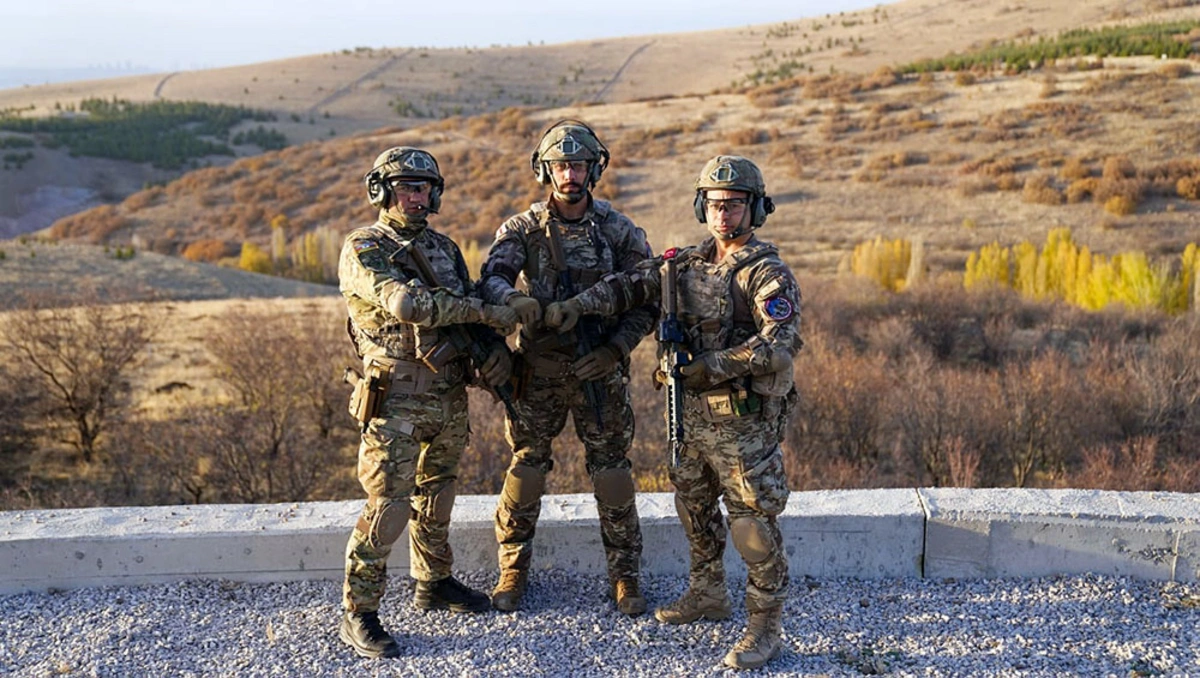Jennifer Brick Murtazashvili Associate Professor, Director of the Center for Governance and Markets sums up the developments in Kazakhstan in an interview with Europe Time. What outcomes have the country, how did the internal power struggle end, and how are the interests of this or that country expressed there. These issues are being discussed in an interview with Jennifer Brick Murtazashvili whose field of activity includes Central Asia, among other areas.
ET: In your opinion, what is the current state of influence in Central Asia?
The US has no clear strategy in Central Asia. Right now, it is not clear what US interests are. So, since the US withdrew from Afghanistan, it is not clear what US policy is or what US strategy is. Both Russia and China have a strong mutual interest in Central Asia. This is not a competing interest; they have a mutual interest. Russia is providing security, and China is providing infrastructure and economic development. So the division of neighbors seems to be between Russia and China.
ET: Experts point to the internal struggle: what brought the protest and what was its origin?
This was a protest about internal issues that started out as a peaceful protest over energy prices. President Tokayev called on Russia to protect and help his position because he did not trust the security services. The security services were under the control of Nazarbayev. So, we saw some kind of little struggle between Nazarbaev`s people and the Tokayev`s people. And they took advantage of the protests to side with one another.
ET: What was the outcome?
The result is that Tokayev won. He took control of the security services. He invited Russia to strengthen his position. Now he is moving Nazarbaev's family members from different positions of power. They control a lot of wealth and resources. Kazakhstan is a country of oil and gas, and the Nazarbaev family has been appointed to many different positions. This means that Tokayev has put his people in, but he is now dependent on Russia. So, Tokayev called for CSTO or Russian troops. NowTokayev is in charge, but he owes his position to Russia.
ET: When we talk about the `outcomes`, the increasing influence of Russia has probably become even more visible.
Yes, absolutely. Russia's influence is increasing in Central Asia. They have seven thousand troops in Tajikistan, several hundred troops in Kirgistan, and are already in Kazakhstan. I do not think that Russia was looking for this opportunity. It was unexpected, but the withdrawal of the United States now creates competition, and Russia and China quickly feel the space left by the US.


